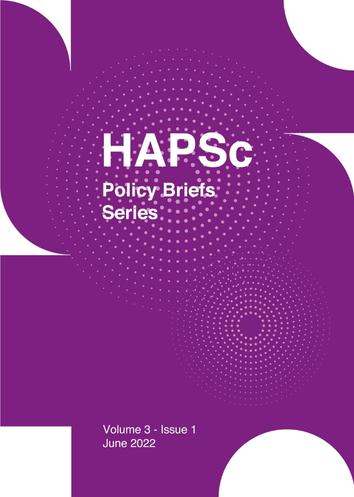Locating Civil Society’s Anti-Corruption Role Through Configurational Analysis: Towards A Policy and Research Agenda

Abstract
While corruption studies abound, there is a dearth of scholarship that deals with corruption from the perspective of set relations. A configurational analysis of corruption is helpful in understanding the complexity of such phenomenon. For one, given the complex nature of corruption, democratic governments and civil society are prompted to address it via holistic and integrative anti-corruption strategies. This complexity seems to resonate with what qualitative comparative analysts hold regarding the import of contexts and with the configurational character of much of social life. From the perspective of set-theoretic, configurational analysis, in particular qualitative comparative analysis (QCA), corruption should also thus be seen as a conjunctural, equifinal, asymmetrical, and multifinal phenomenon.
Article Details
- How to Cite
-
Villanueva, P. A. G. (2022). Locating Civil Society’s Anti-Corruption Role Through Configurational Analysis: Towards A Policy and Research Agenda. HAPSc Policy Briefs Series, 3(1), 31–37. https://doi.org/10.12681/hapscpbs.30983
- Section
- Articles

This work is licensed under a Creative Commons Attribution 4.0 International License.
Authors retain copyright and grant the journal right of first publication with the work simultaneously licensed under a Creative Commons Attribution License that allows others to share the work with an acknowledgement of the work's authorship and initial publication in this journal.

